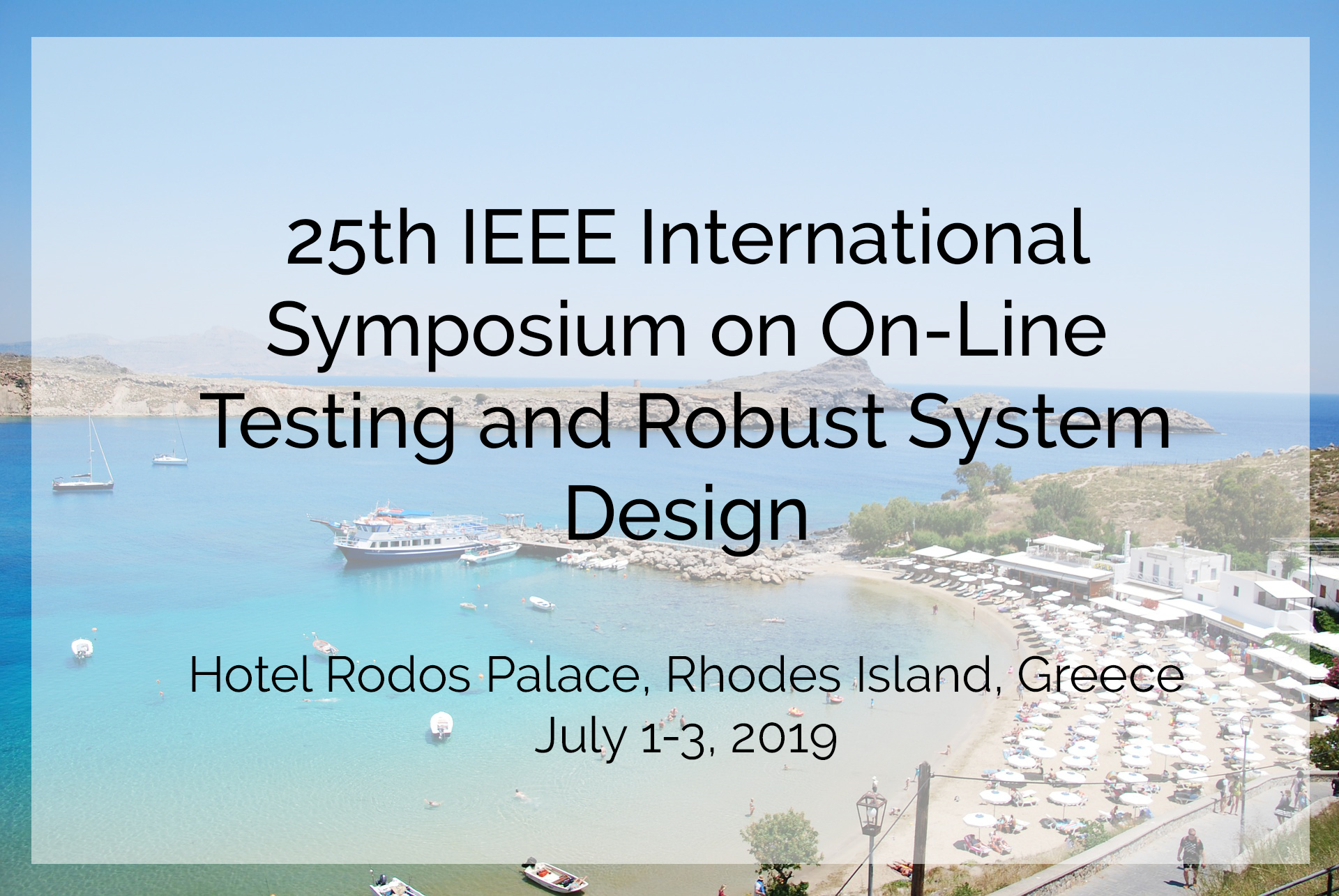Events
25th IEEE International Symposium on On-Line Testing and Robust System Design

The LEGaTO project is presented at the 25th IEEE International Symposium on On-Line Testing and Robust System Design (IOLTS) in Rhodes Island, Greece on 1-3 July, 2019. Researcher Osman Unsal gives a talk about FPGAs Undervolting in the Emerging Trends in Hardware Margins and Energy-Efficiency session of the symposium on July 1 at 3:45 pm.
Click here for the presentation's slides.
More about the event:
Issues related to On-line testing techniques, and more generally to design for robustness, are increasingly important in modern electronic systems. In particular, the huge complexity of electronic systems has led to growth in reliability needs in several application domains as well as pressure for low cost products. There is a corresponding increasing demand for cost-effective design for robustness techniques. These needs have increased dramatically with the introduction of nanometer technologies, which impact adversely noise margins; process, voltage and temperature variations; aging and wear-out; soft error and EMI sensitivity; power density and heating; and make mandatory the use of design for robustness techniques for extending, yield, reliability, and lifetime of modern SoCs. Design for reliability becomes also mandatory for reducing power dissipation, as voltage reduction, often used to reduce power, strongly affects reliability by reducing noise margins and thus the sensitivity to soft-errors and EMI, and by increasing circuit delays and thus the severity of timing faults. There is also a strong relation between Design for Reliability and Design for Security, as security attacks are often fault-based.
The International Symposium on On-Line Testing and Robust System Design (IOLTS), is an established forum for presenting novel ideas and experimental data on these areas. The Symposium is sponsored by the IEEE Council on Electronic Design Automation (CEDA) and the 2019 edition is organized by the IEEE Computer Society Test Technology Technical Council, the University of Athens, and the TIMA Laboratory.

